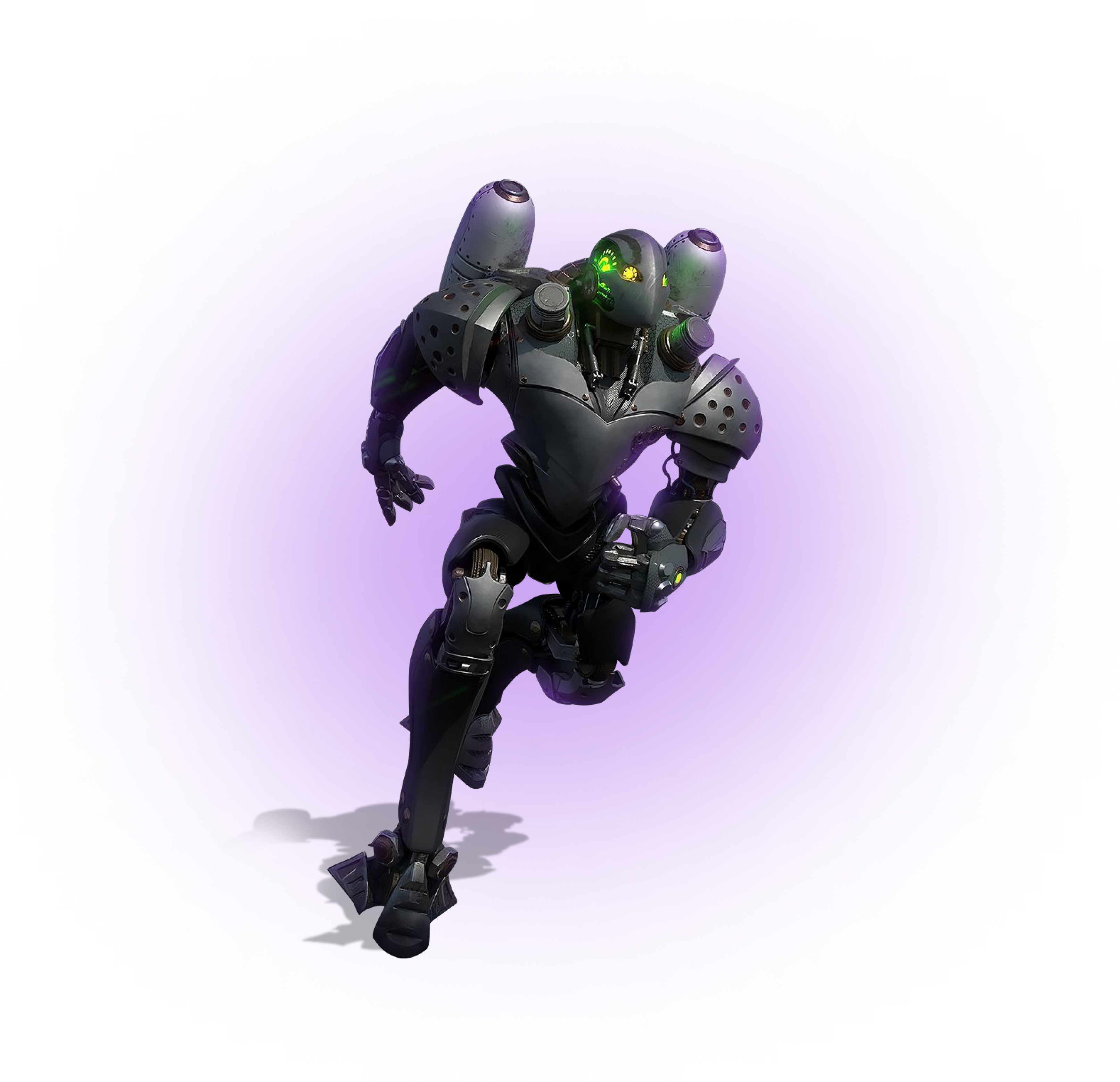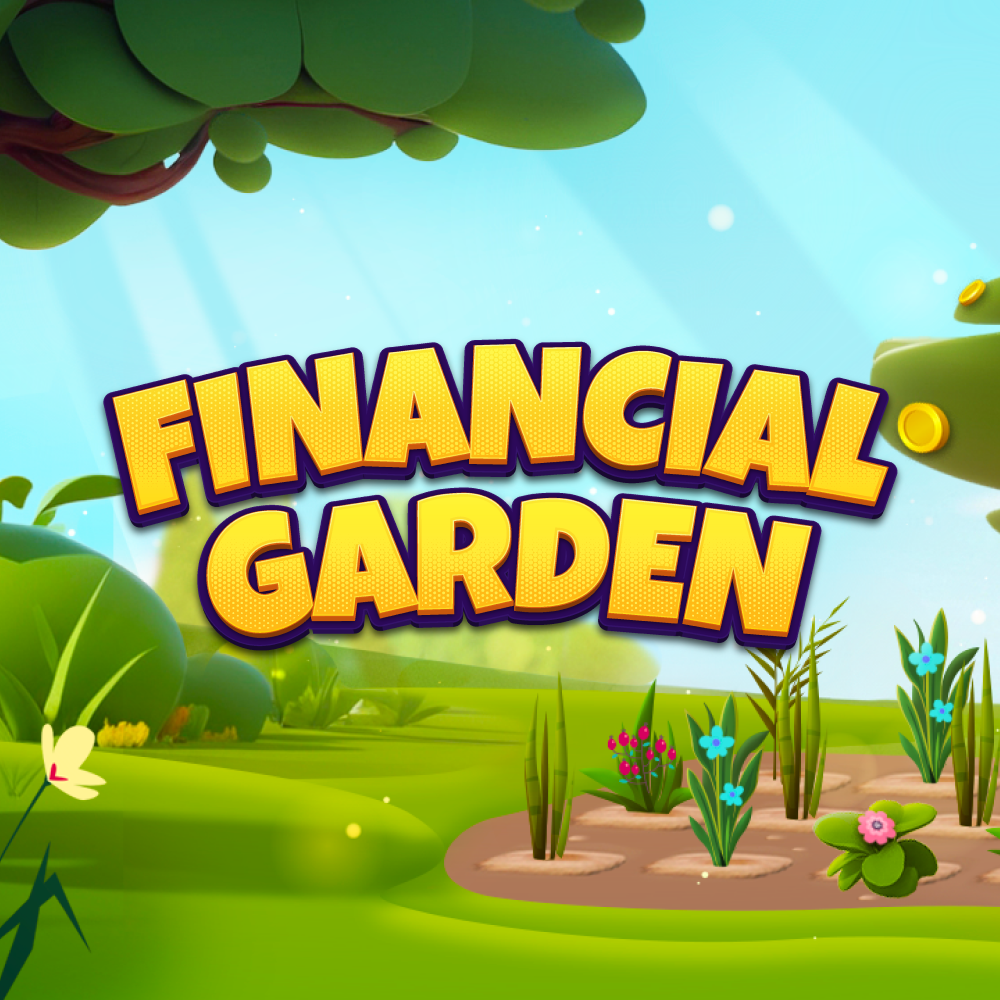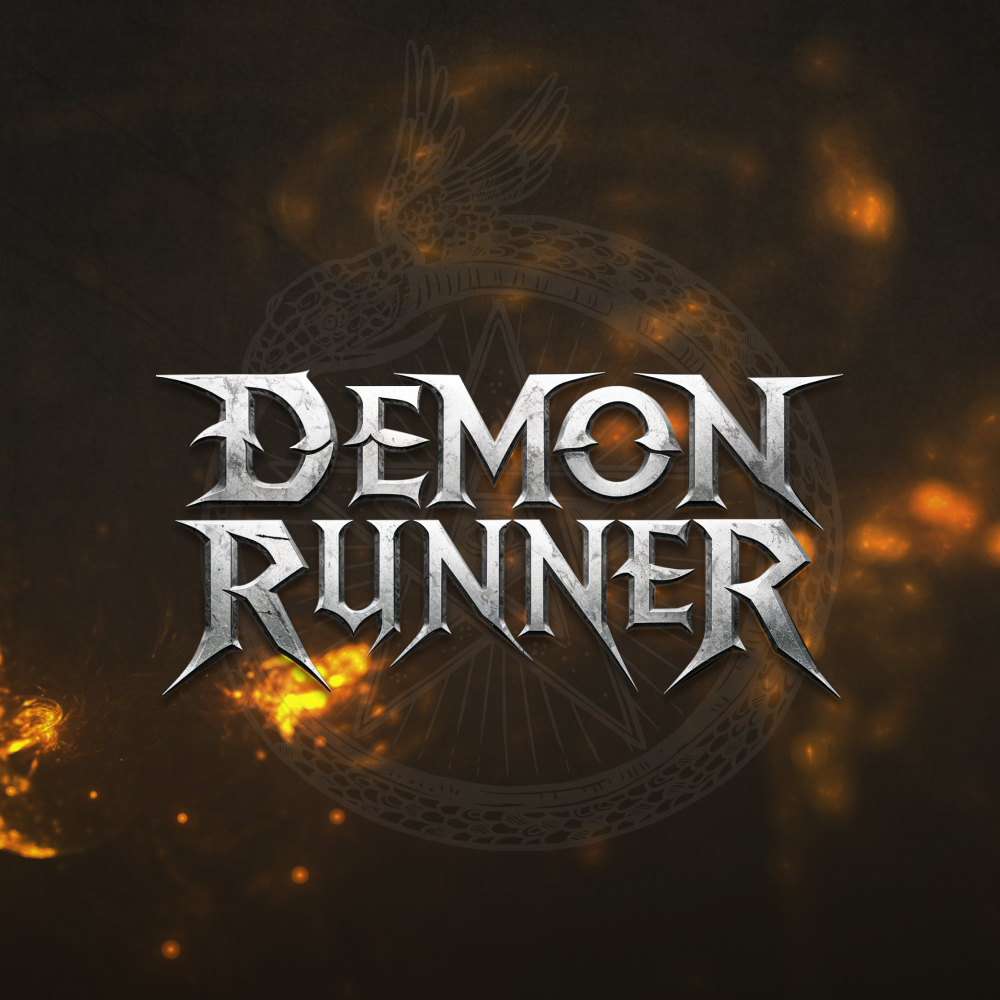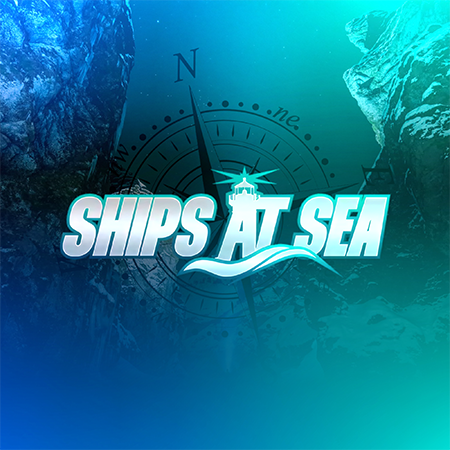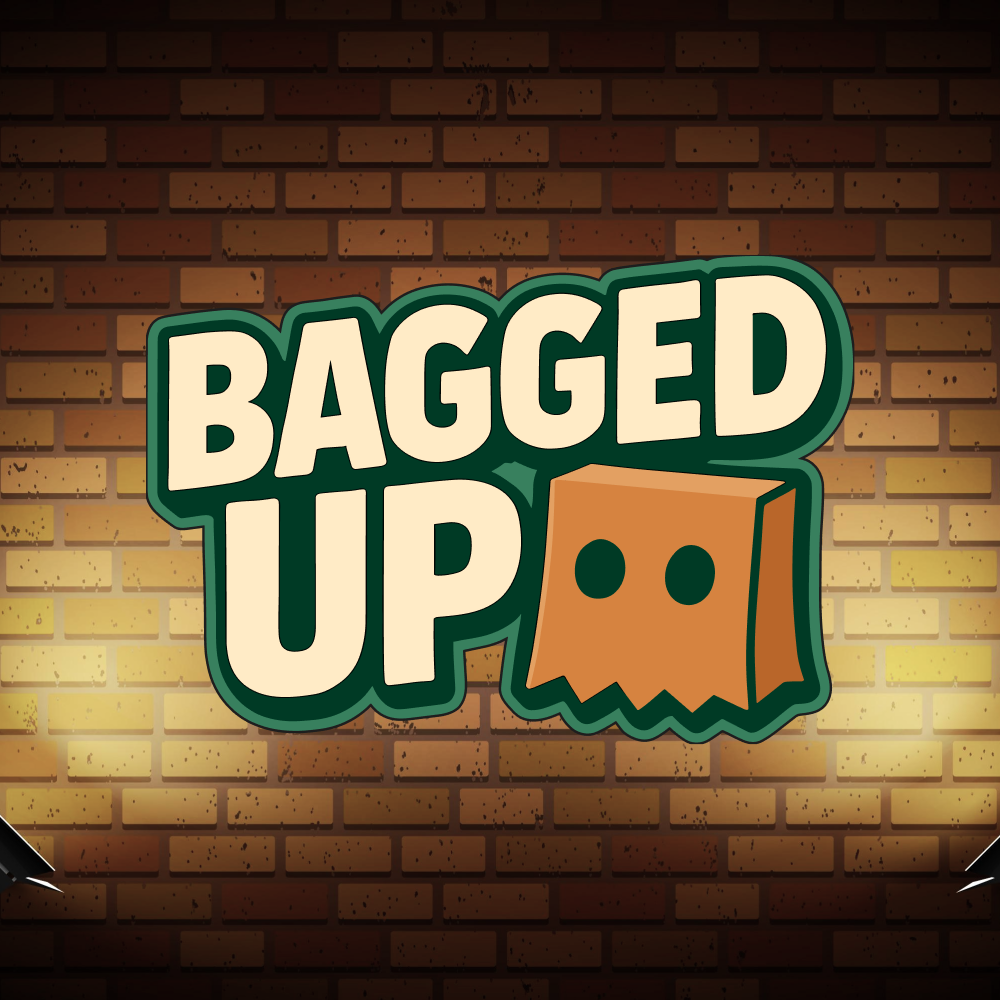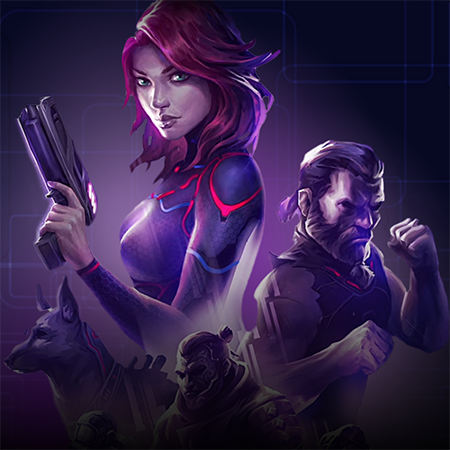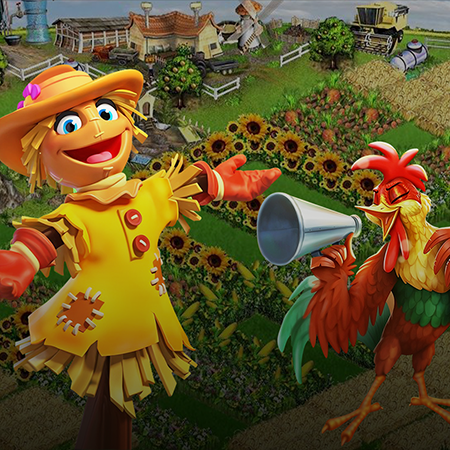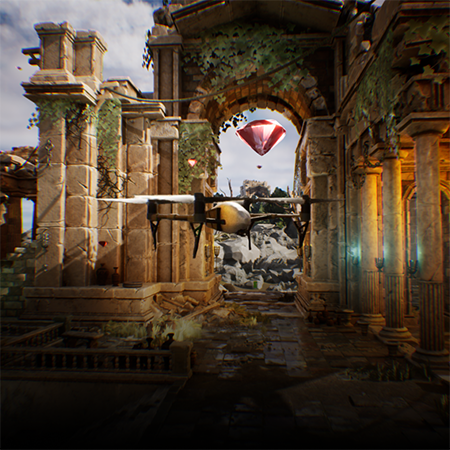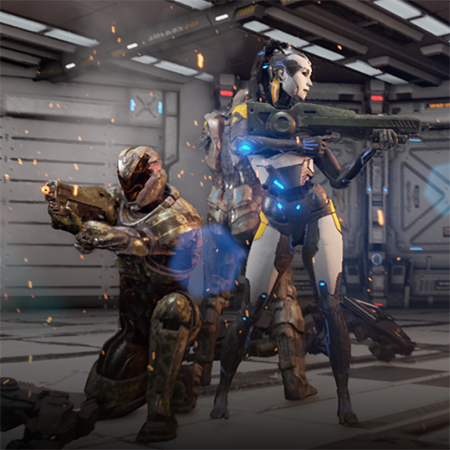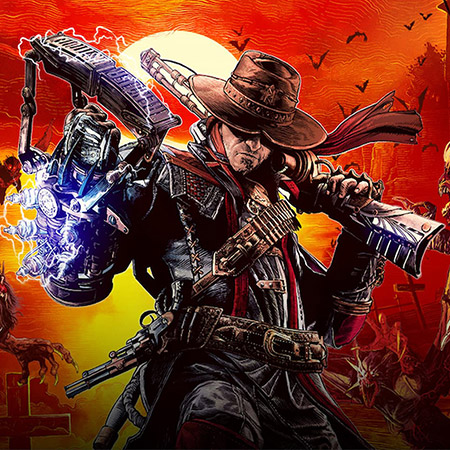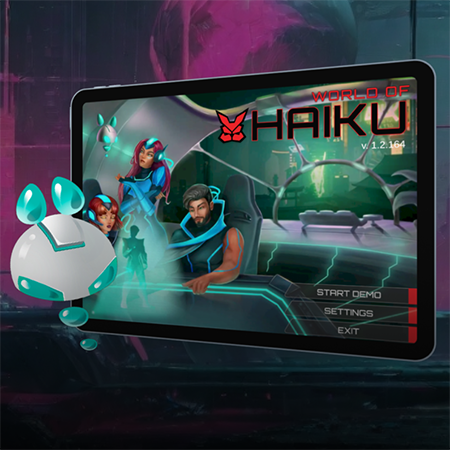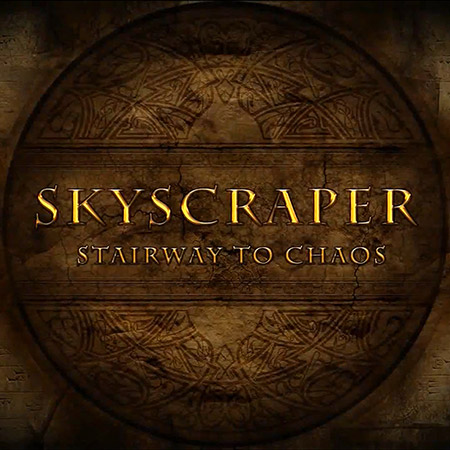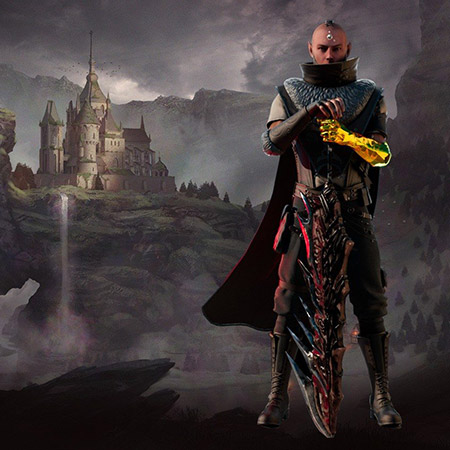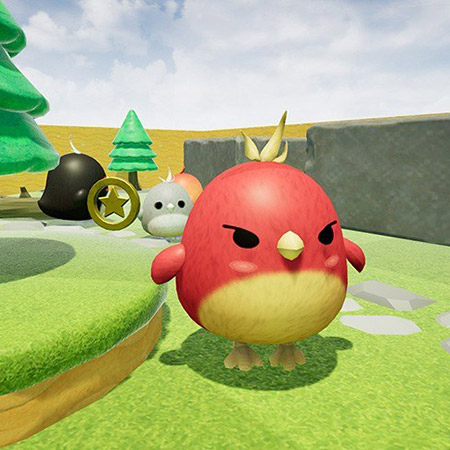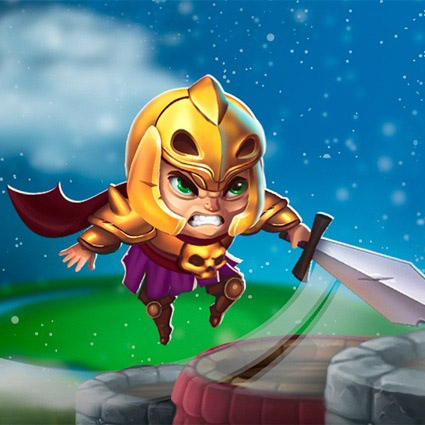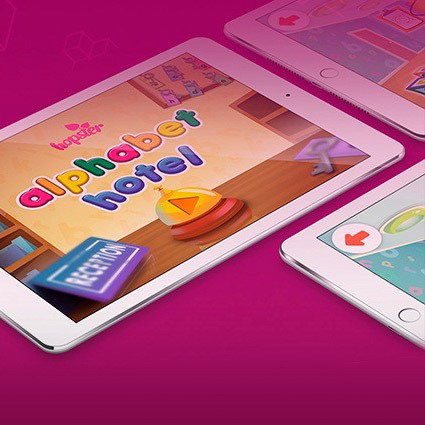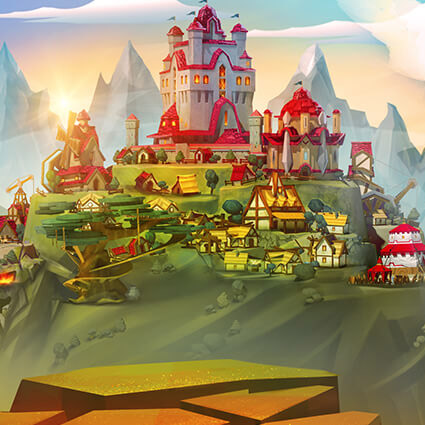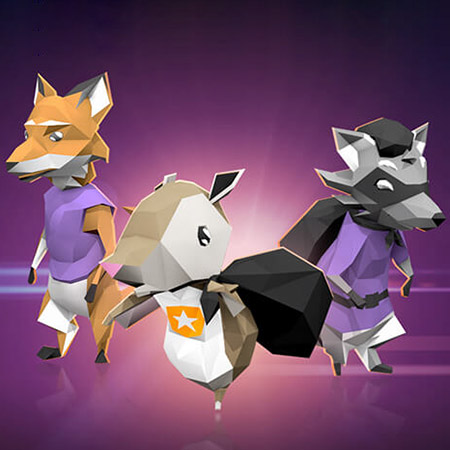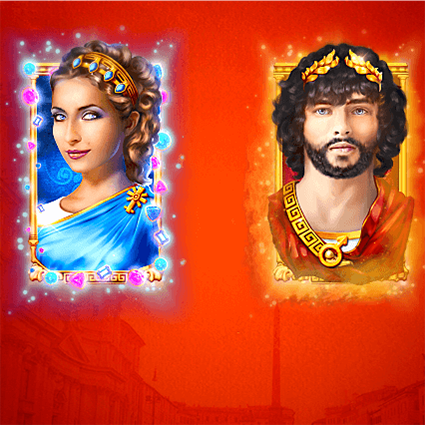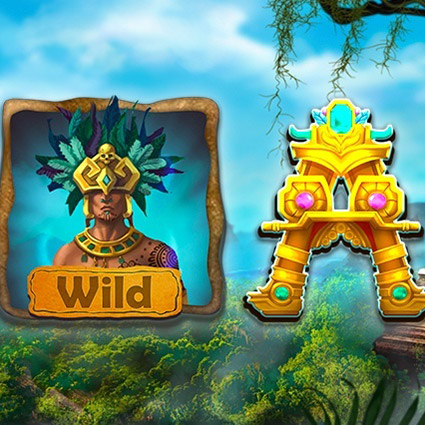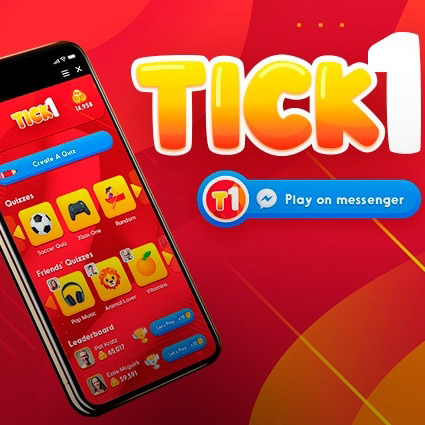In order to work their craft, developers need the right set of tools, just as chefs need certain utensils and construction workers need the proper equipment. Obviously, game developers have their knowledge, imagination, able hands, and a working computer, but they will not be able to build a digital product without another essential tool – a programming language.
Can we choose the best programming languages of game development?
While there are dozens of languages used in game development, only a select handful have gained a substantial level of popularity and widespread use. Even among them, it is impossible to choose a single language as the best one, because each language has certain strong points and weak points, as well as areas where it serves better than others. To make sense of it all, we have compiled a list of what we consider to be the best languages of game development, and explain the reasoning.
Breaking down the choices logically, we should separate based on platform. Thus, we have selected the following principal game categories for our assessment:
| AA/AAA | Mobile | Web |
The game market remains quite divided, with game developers of mobile, console, and PC titles all vying to appeal to the millions of users active on each major platform.
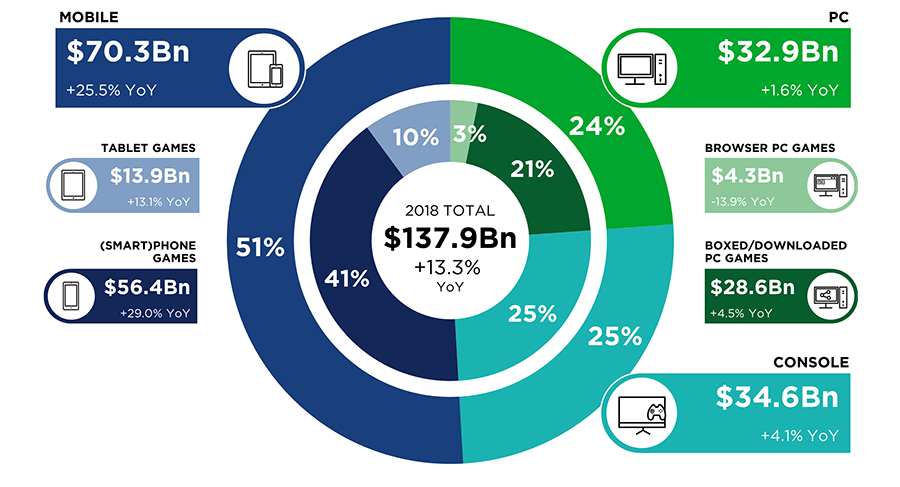
Different types of games market share. Source.
Top AA/AAA Game Development Languages
AAA and AA generally refer to large and mid-size titles, with budget and rating being the main indicators of size. Here are our top choices for this category:
- C++
- C#
- Lua
- Python
C++
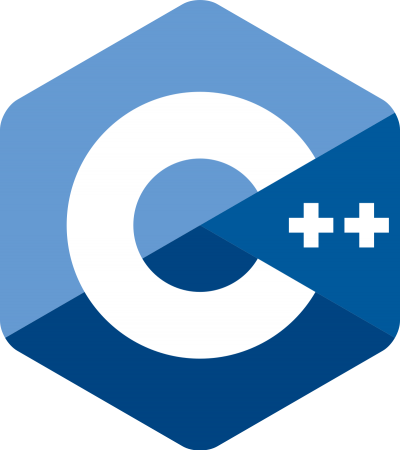
C++ is a programming language that is considered the gold standard in game programming, and many people even call it the best coding language for games. This is an oversimplification of sorts, as what people really mean when they say it is that you can do so much with C++. Since its release in 1985, C++ has undergone many updates and iterations, making it one of the most functional languages of game development. C++ is widely praised for its advanced capabilities (like memory management), but derided for the difficulty of learning it. Nevertheless, it remains one of the most popular choices in coding today. Apart from the appeal of its features and functionality, its popularity can also be attributed to Unreal Engine, an incredibly popular game engine known to practically anyone who knows how to make a game in C++. Another major advantage of C++ is the abundance of libraries and frameworks available for ease of development.
Examples of games made with C++:
- Counter-Strike
- World of Warcraft
- Gears of War
- Fortnite
- BioShock
- Borderlands
C#
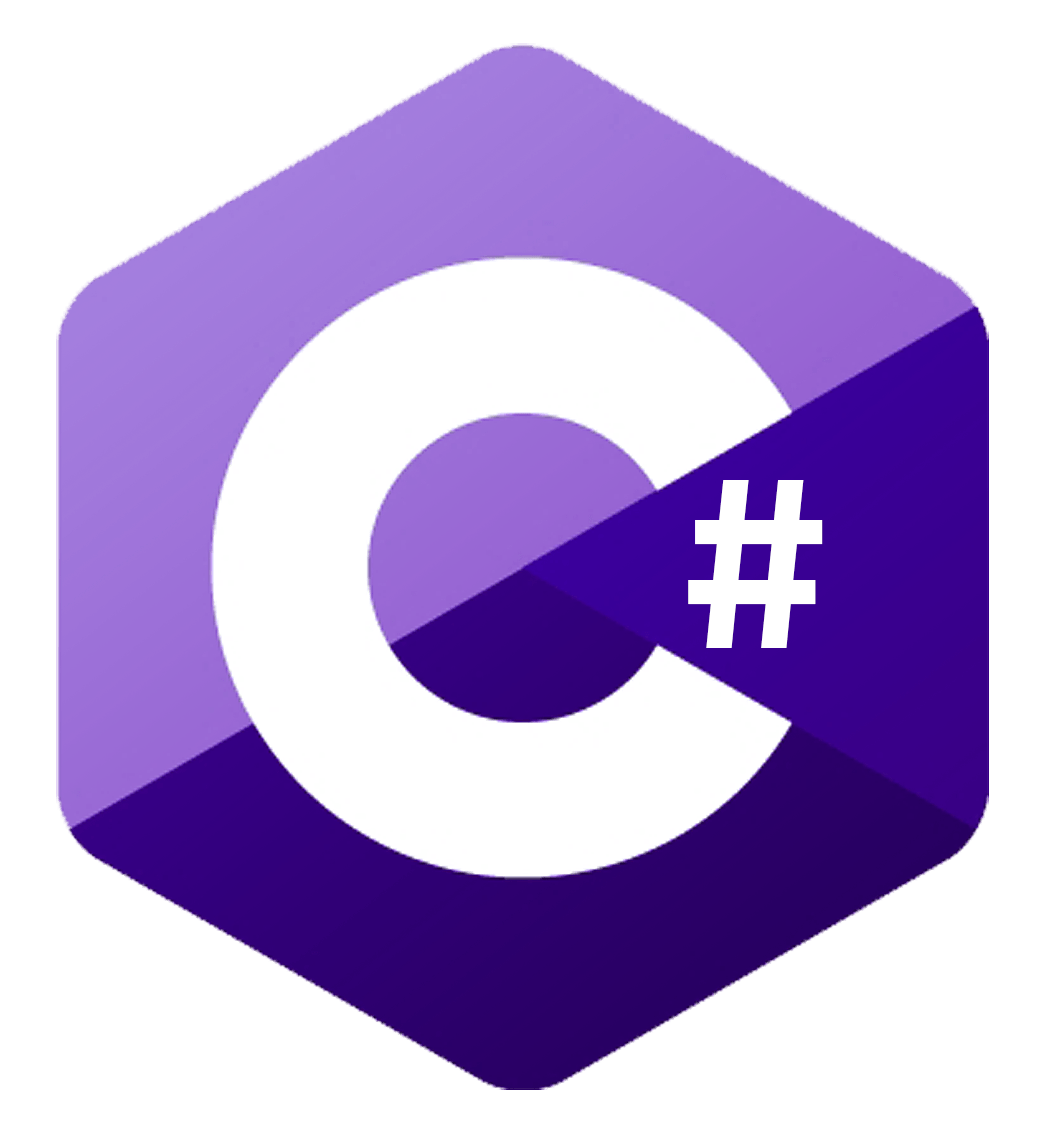
The C# (pronounced as “C Sharp”) language is more recent than C++, being released in 2000 by Microsoft. It was heavily inspired by Java and C++, but is unique enough to set itself apart from them. The release of C# is closely tied to the .NET Framework, which was released at the same time. The .NET framework provides developers with all of the tools to develop web applications and other solutions. C# is widely regarded as one of the best languages for introducing newcomers to game programming. It is easy to master, but runs a bit slower than C++ and does not leave as many features exposed to game developers. Perhaps the biggest advantage of coding with C# is Unity, an engine running on C# that rivals Unreal in popularity and proliferation. Most Unity game developers are indie, but their products quite frequently appeal on consoles and mobile devices.
C# game examples:
- Beat Saber
- Hearthstone
- Assassin’s Creed: Identity
- Pokemon Go
- Getting Over It
- Deus Ex: The Fall
Lua

Initially applied in 1993, Lua was inspired by the SOL and DEL languages, and used to process data configuration operations. Over the next several decades, it greatly expanded in scope and capabilities, even influencing the development of other languages like Ruby, Javascript, and C++. Today, Lua is a top-tier choice in the world of video game development, praised for its simplicity, namely in language structure and syntax. Perhaps the biggest merit of Lua is its compatibility with other languages, which makes it easy for game developers to create apps and engines with a combination of Lua or other decent languages for game development. Examples of such engines include Corona, Stingray, CryEngine, and Defold. Examples of such engines include Corona, Stingray, CryEngine, and Defold.
Lua game examples:
- Crysis
- Dota 2
- Dark Souls
- Far Cry
- Roblox
- Star Wars: Battlefront
Python
Although Python is not the most widespread programming language for game development, it features an extensive built-in library referred to as “Pygame” designed specifically for this purpose. Since it supports cross-platform programming, you can build video games for PC, console, and other gaming platforms. Despite some restrictions, game development with Python is pretty straightforward, beginner-friendly, and great for those aiming at their first game project.
Python game examples:
- Bridge Commander
- Eve Online
- Doki Doki Literature Club!
- Disney’s Toontown Online
Top Mobile Game Development Languages
The biggest operating systems for mobile devices are undoubtedly Android and iOS. Thus, most mobile game developers are focused on creating apps with languages that are compatible with one of the two or both.
- Objective-C
- Swift
- Kotlin
- Java
- Ruby
- PHP
Objective-C

Objective-C is one of the oldest programming coding languages that is still used today, and certainly a popular choice for mobile game development. It had a long journey to prominence, being created in the 1980s by 2 computer researchers, and undergoing multiple updates and major changes before ending up in the arms of Apple. Apple then made it a major focus for software used on their devices. The Objective-C language is inspired by C but has several noticeable differences, such as dynamic typing and user-friendly syntax. In the context of designing for mobile iOS devices, game developers have access to numerous frameworks and several engines like Sparrow and Cocos2D.
Objective-C game examples:
- Star Trek: Rivals
- Jewel Smash
- Anomaly
- WordScape
Swift
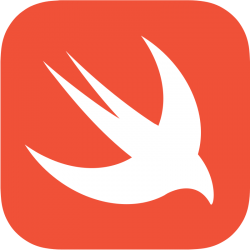
The Swift programming language is a new creation of Apple, debuting in 2014. Swift is used in the development of software for iOS devices with the iOS 7 version or higher. Despite its short time on the market, Swift has already overtaken Objective-C in terms of popularity and use, and it seems that it will soon become the industry standard for iOS engineering. The Swift coding language is distinguished from its counterparts through such features as type safety, automatic memory management, and pointer security. The most prominent engines used with Swift are OpenGL and Box2D.
Swift game examples:
- Flappy
- 2048
- Angry Birds
Java

The first form of the Java programming language was created by a team of software engineers and computer scientists in 1991. Although it was initially known as “Oak” and was intended to be used side by side with interactive TV, Java game programming has grown and expanded far beyond this scope. Today it consistently ranks among the top programming languages, period. Java was mostly inspired by C and C++ and in turn, influenced JavaScript, Kotlin, and programming languages. The biggest contributor to Java’s popularity is its near-universal compatibility: the Java language code can be converted into generic bytecodes that can be executed on any system.
Examples of games made with Java:
- Minecraft
- Assassin’s Creed II
- Asphalt 3: Street Rules
- Prince of Persia 4
- The Amazing Spiderman 2
- Avatar
Kotlin

Many software engineers consider the Kotlin language to be the spiritual successor of Java, and there is certainly some truth to this statement. Kotlin was built by a Czech development company and released in 2011. Interestingly, the Kotlin language is fully interoperable with Java, making it easy for Java users and developers to transition to it. Among its other advantages, we can list a clear and concise code that results in fewer errors, full support for a variety of game programming software, and null-pointer safety. In 2019, Kotlin became the language of choice for a plurality of Android game developers, and continues growing rapidly to this day.
Kotlin Game Examples:
- Ore Infinium
- Neighbourhood Watch
- Horde!
- Asteroids
Web (HTML5 + JavaScript)
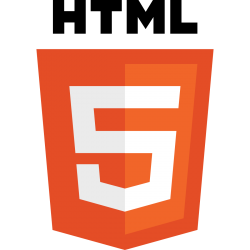
It is estimated that JavaScript is used on 95% of all websites. Thus, it should not be surprising that it is also the main coding language used for web games. JavaScript is designed to be accessible on a wide variety of devices and platforms, and quite easy to learn if you are already familiar with C# and C++. Of course, implementing a web page with a JavaScript game is not possible using JS alone, as you also need HTML5 or another web page format. HTML5 is the most modern globally-accepted standard for web page content, and the JavaScript programming language running on an HTML5 page is the most common combination you will find for titles played through a web browser.
HTML5 Game Examples:
- 3D Tetris
- Diablo-JS
- Bejeweled
- HexGL
- Browser Quest
- Kingdom Rush
Everybody knows that JavaScript is the best solution for web development, so is the case with game development. This programming language is incredibly powerful when it comes to coding game logic for web apps. Also, game developers are fond of JavaScript because it provides sufficient tools to create interactive mobile games. Beyond question, you can code a desktop game in JavaScript, but it will be a tough challenge.
-
JavaScript game examples:
- HexGL
- Polycraft
- 2048
- Bejeweled
- CrossCode
- Pong game (indie project)
- Gosu examples
- Ruby Hop
- Global Collapse Pandemic
- 2Moons
- Bengine
- BlackNova Traders (BNT)
Ruby
Even though most games created with Ruby are either text adventures or MUDs meant not for distribution, you can certainly build a small game project using this programming language. Notably, you can develop indie games with the help of the Gosu library, which is incredibly helpful and has everything you may need for this purpose.
Ruby game examples:
PHP
PHP game programming is undoubtedly a niche activity, but someone may want to create unique browser gaming solutions with the help of HTML5. On the internet, there are some tools you can use to develop video games in PHP, so if you are a development enthusiast, this programming language may be your best choice.
PHP game examples:
Other game development technologies
Naturally, there are a few more categories of games that were not mentioned, but that is because they are developed in the same game development languages as other categories and there is a big overlap in what they allow you to do. Additionally, some programming languages were left out because they are used for niche projects and do not have a major presence, or because a certain game development language was used for games heavily in the past, but is rarely used now. For example, VR/AR/MR titles are typically developed on C++ or C# programming languages, just like most AAA games. Another example is Python, a language broadly used for game programming in the past century, but rarely used now.
Game Development Services We Provide
As complex as it can be to select a language for game development, there are so many more considerations and factors that go into delivering the final product. You have project managers, software engineers, designers, business analysts, and so many other specialists working together. In these conditions, it is perfectly normal to need some level of help. Whether you need help with a certain stage of game development that can be handled by one programming specialist or want a full team of experts to do it all for you from start to finish, you can hire another company for this service.

For instance, Cricket Manager is an MMO title entrusted to Game-Ace for development. Featuring both 2D and 3D models/animation, the title puts the player inside a cricket stadium, allowing them to participate in its management and the sports competitions themselves. The end result was a successful mobile app that was downloaded over 100k times.
Game-Ace is a studio that offers development services for a range of categories, from AAA games to VR/MR/AR, to casual and instant games. Our team can also shoulder the challenges of full-cycle game development, or assist with a certain stage or aspect of the process. We have a large staff of certified experts, and specialists with years of creating custom solutions for custom markets. If you want to learn more, feel free to check us out.
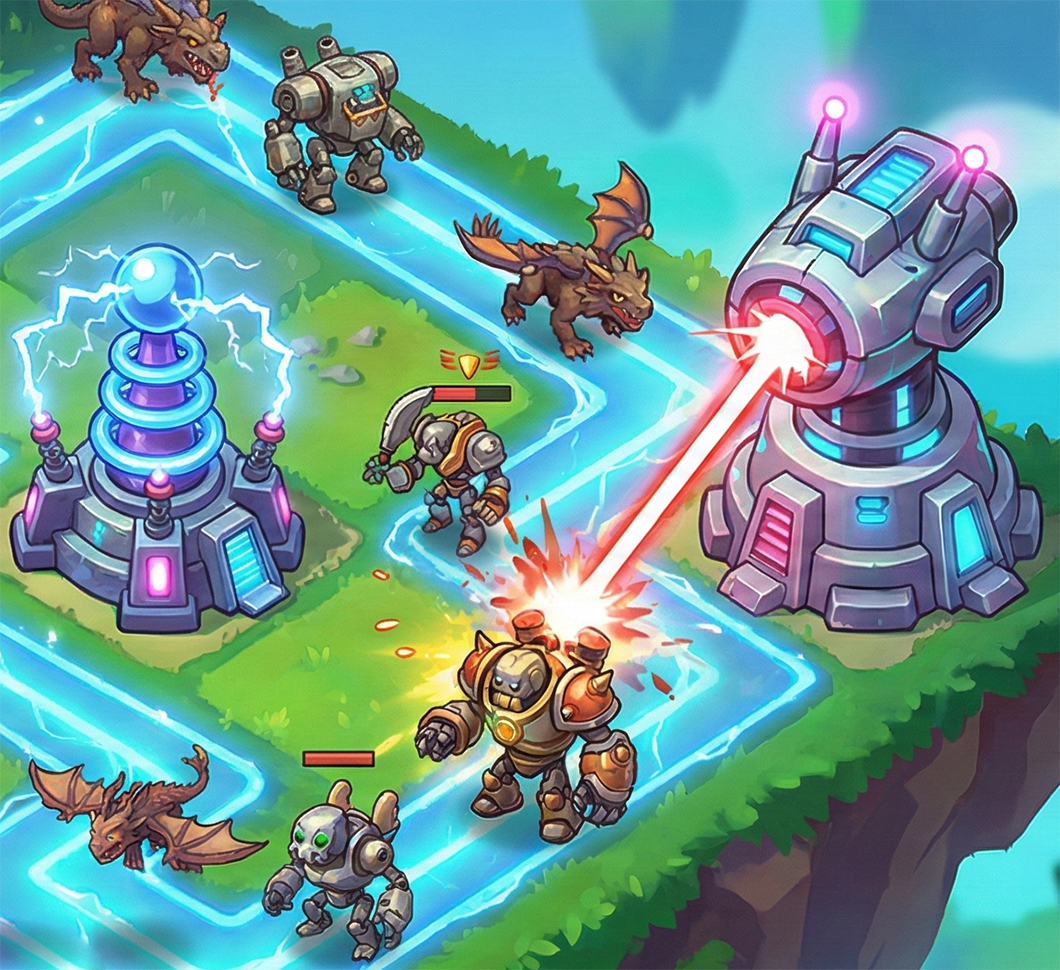 The Architect’s Dilemma: Engineering the Next Generation of Tower Defense
The Architect’s Dilemma: Engineering the Next Generation of Tower Defense 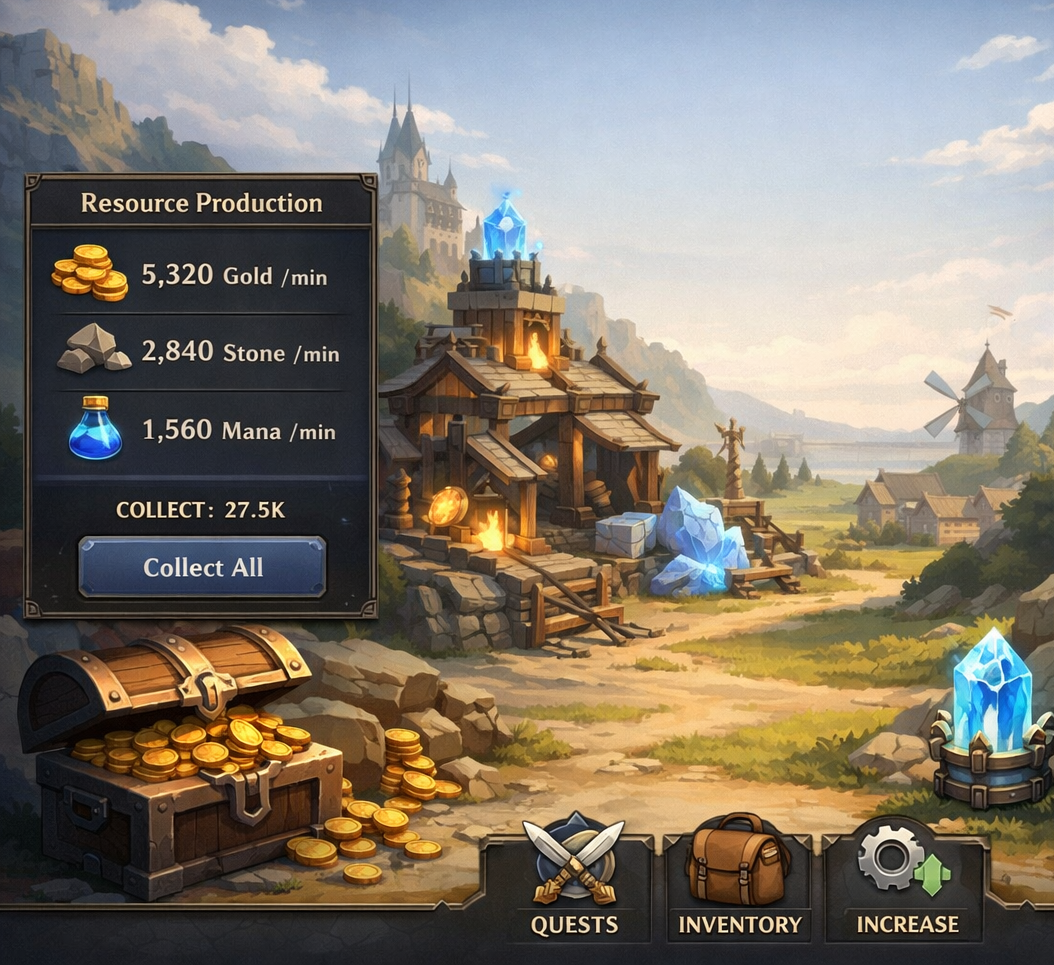 How to Turn Idle Game Development into a Scalable, Long-Term Revenue Product
How to Turn Idle Game Development into a Scalable, Long-Term Revenue Product  Key Trends Shaping Gamification in Recruitment for 2026 and Beyond
Key Trends Shaping Gamification in Recruitment for 2026 and Beyond  How to Create Crypto Casino Games the Right Way
How to Create Crypto Casino Games the Right Way  AI Recruitment Games: From Real-Time Assessments to Better Hiring Outcomes
AI Recruitment Games: From Real-Time Assessments to Better Hiring Outcomes 